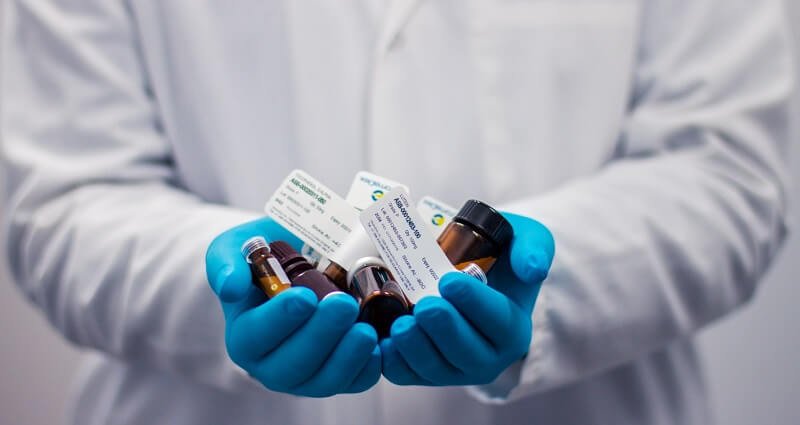The Indian Council of Medical Research’s ambitious target of readying the indigenous Covid-19 vaccine Covaxin, developed by Bharat Biotech, Hyderabad, for public release within 42 days needs to be seen in this context.
…
One of the essential preconditions for initiating a clinical trial is to get permission from an institute ethics committee that scrutinises the trial protocol. This can take time because the investigators have to convince the ethics panel on the trial protocol.
“You can’t ask an ethics panel to give approval within a pre-fixed date. The ethics committee needs time to look at the protocol. I understand that the ethics panel at AIIMS Delhi (one of the 12 sites for the trial) has raised several queries on the Covaxin trial protocol, and rightly so,” said [bioethicist] Anant Bhan.
“India should do proper testing for both safety and efficacy. There are many ethical considerations that come up in fast-tracked trials. It’s best to avoid such fast-tracking. We should have a global outlook and be global leaders in vaccine development and manufacture. Cutting corners will undermine our credibility,” [says virologist Shahid Jameel.]































